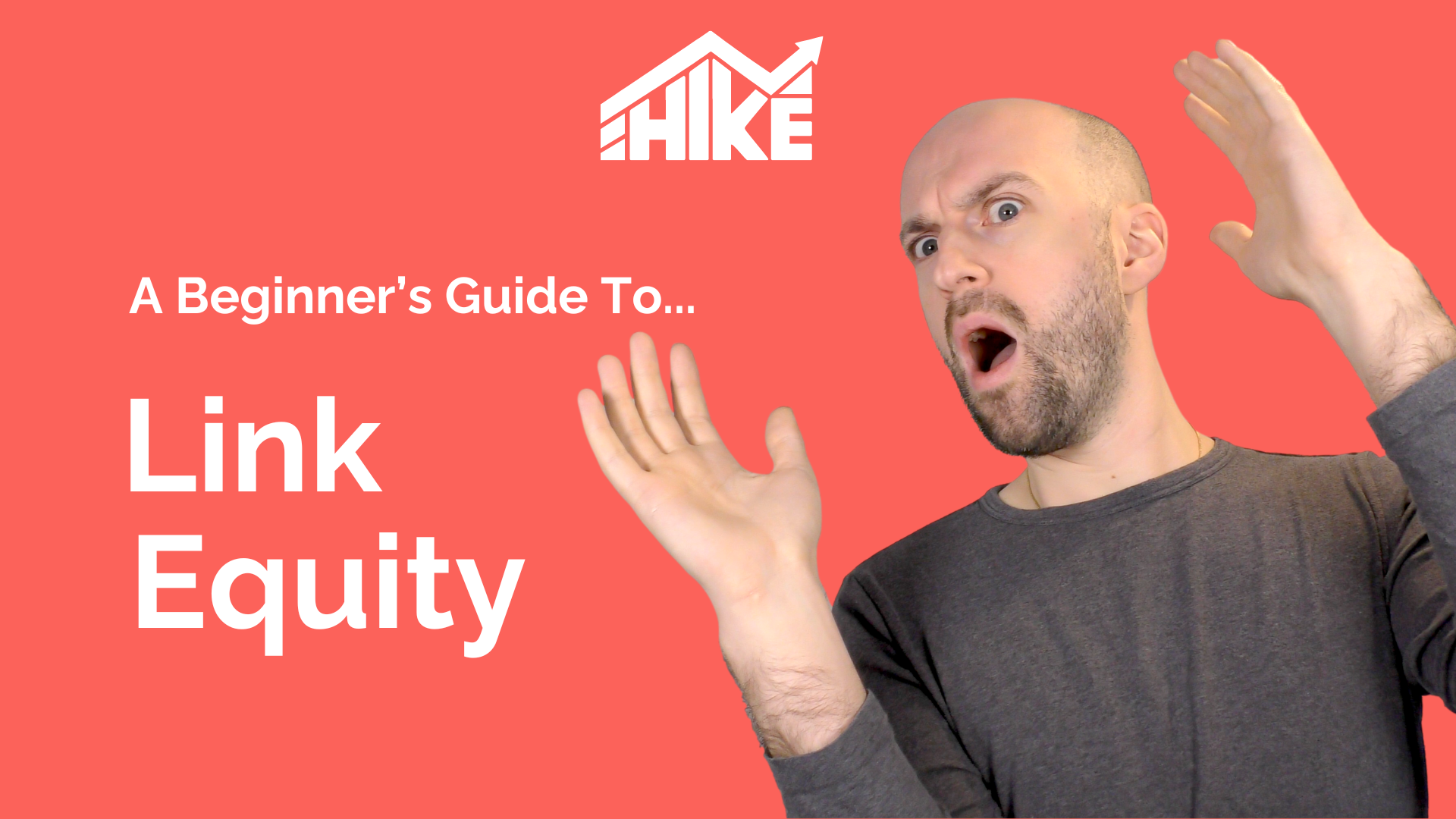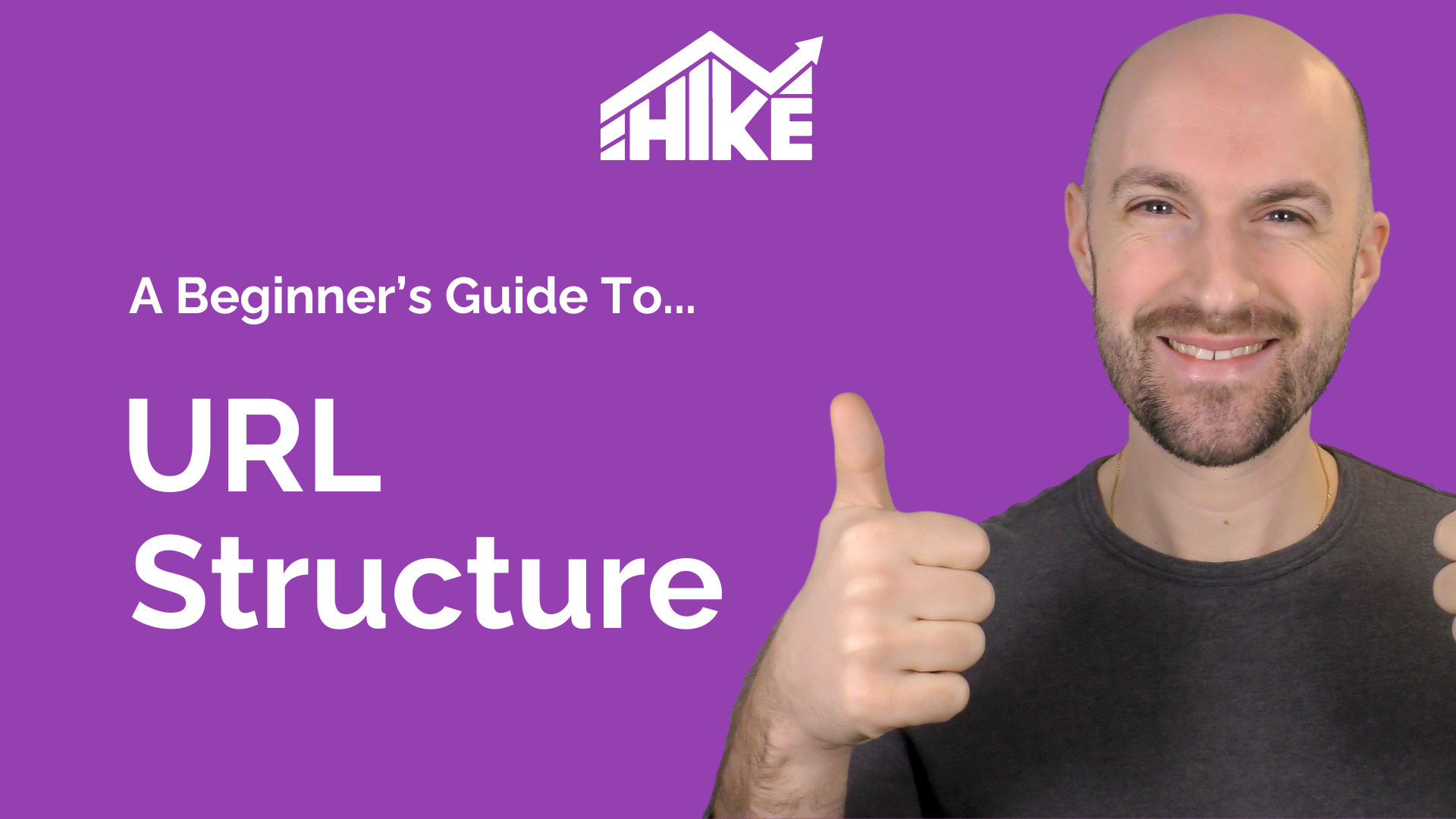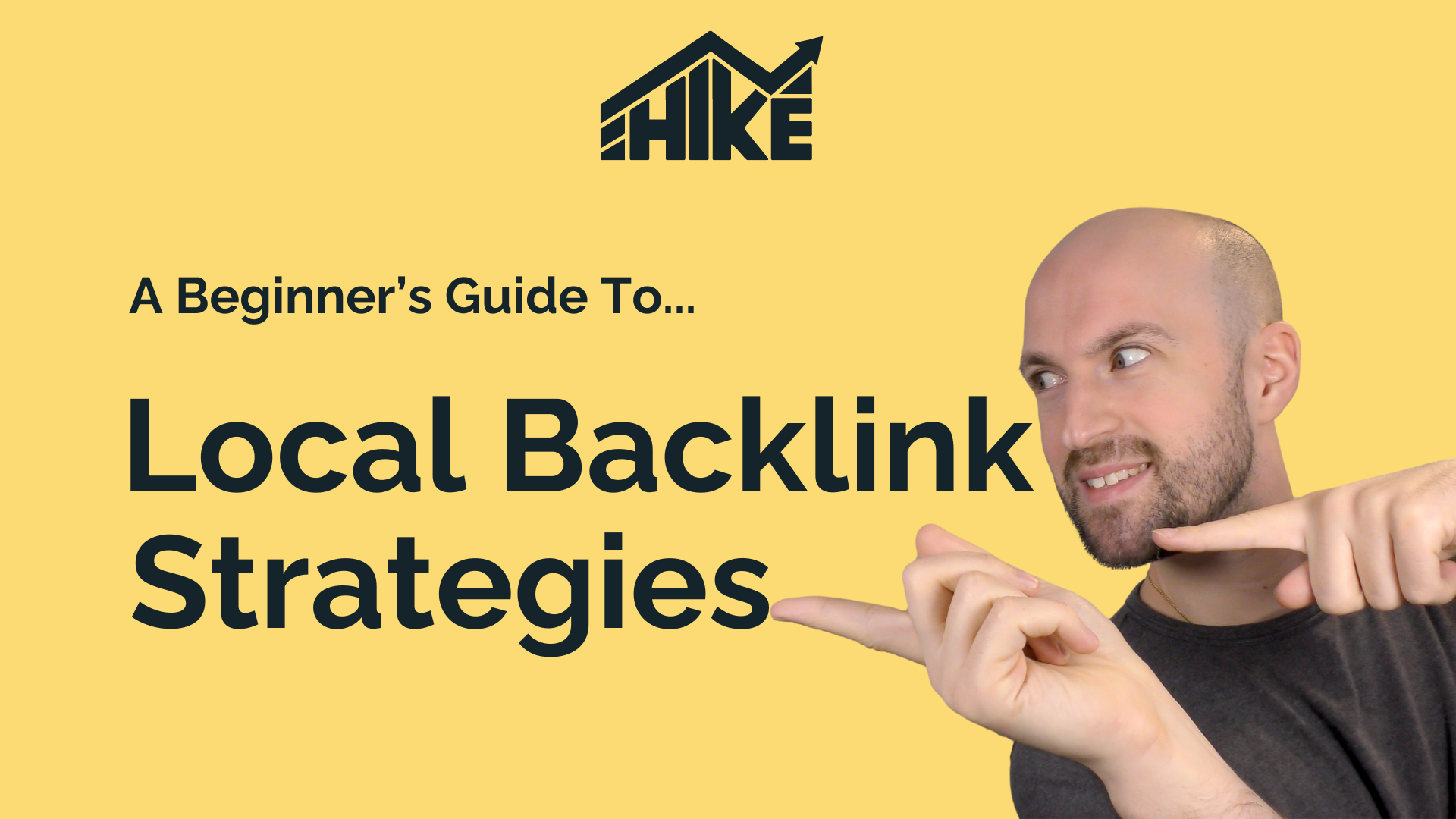In this video, we’ll discuss valuable keyword research tips to boost your website’s rankings and organic traffic. You can watch the video or read the text summary below:
Keyword research is crucial for your SEO and overall business strategy. It involves identifying and analyzing keywords or keyword phrases that people use when searching for products or services on search engines like Google. These keywords are essential because they help optimize your site’s content, making it more visible on search engine results pages.
The importance of keyword research lies in three pillars: relevance, search volume, and keyword difficulty. Let’s break them down:
- Relevance: Choose keywords closely aligned with your website’s content, products, services, industry, or niche. Being relevant ensures your content resonates with your target audience, leading to higher engagement and conversions.
- Search Volume: Look for keywords with higher search volume as they indicate greater demand. However, balance this with relevance and difficulty, as very general keywords may have high search volume but might not be the most suitable for your content.
- Keyword Difficulty: Assess the competition for specific keywords. Aim for keywords with lower difficulty scores, making it easier to rank higher on search engine results for those terms.
As a bonus, consider examining keyword value, which includes the cost per click (CPC) or bid value that advertisers are paying for search ads. Higher bid values suggest more valuable and profitable keywords.
Now, let’s walk through the keyword research process in five steps:
- Choose Seed Keywords: Start with initial topics related to your business, products, services, or industry. Brainstorm and create a comprehensive list of seed keywords.
- Generate Keywords: Utilize a keyword research tool like Hike SEO to expand your list and gather data on search volume, competition, and relevance. Shortlist the relevant keywords for further analysis.
- Filter Keywords: Narrow down your list by striking a balance between relevance, search volume, and keyword difficulty. Focus on the keywords that align best with your business goals.
- Cluster Keywords: Group similar keywords together to identify potential topics for dedicated pages. This step helps organize your content planning and strategy.
- Prioritize Keywords: Assign priorities based on your business needs and goals. Focus on keywords that align with areas of your business that require the most growth.
Remember, keyword research is an ongoing process. Continually update and refine your list as your business evolves, and new opportunities arise.
If you have any questions or need further assistance with keyword research, feel free to reach out. And don’t forget to try out Hike SEO’s keyword research tool, risk-free with a 14-day money-back guarantee. Good luck, and I’ll see you in the next video! Take care!



